Understanding Inflation and Its Effects on Investments
Inflation is a term we often hear in the news, especially when prices of daily goods begin to rise. But beyond just affecting your grocery bill, inflation has a deep impact on your savings, income, and most importantly—your investments.
In this article, we’ll explain what inflation is, how it affects different asset classes like stocks and real estate, and how you can manage inflation risk for long-term financial growth.
💸 What Is Inflation?
Inflation is the general increase in prices over time. When inflation rises, the purchasing power of money falls. For example, what you could buy for ₹100 ten years ago might now cost you ₹150 or more.
The Consumer Price Index (CPI) is a common way to measure inflation. A rise in CPI means inflation is rising—reducing the value of money and affecting your daily life.
🧠 Why Is Inflation Important for Investors?
If you’re an investor or even just someone saving money, inflation can silently reduce your wealth. Here’s how:
A ₹10,000 fixed deposit earning 5% interest will earn ₹500 in a year.
But if inflation is at 6%, the real value of your money is shrinking, not growing.
That’s why it’s crucial to understand how different investments perform during inflation.
🏠 Asset Classes That Can Beat Inflation
Some investment tend to perform better during inflationary periods. These include:
✅ 1. Stocks
Companies increase prices when inflation rises, which can lead to higher revenues and profits—thus benefiting stockholders.
However, not all stocks perform equally. Sectors like energy, consumer staples, and utilities tend to do better than others in inflationary times.
✅ 2. Real Estate
Property values and rental income often rise with inflation. Real estate is considered one of the best hedges against inflation because:
Land and building costs go up.
Rents increase, offering better cash flow.
✅ 3. Commodities
Gold, oil, and other commodities often gain value during inflation. Investors flock to them when currency value drops.
✅ 4. Inflation-Linked Bonds
These are special government bonds where returns are adjusted for inflation, helping you maintain purchasing power.
🛡️ The Risk of Not Investing During Inflation
Many people keep their money in savings accounts or fixed deposits. While these feel safe, they barely outpace inflation. Over time, you could be losing money without realizing it.
Example:
₹1 lakh in a savings account earns ~3.5% annually = ₹3,500.
If inflation is 6%, your real return is -2.5%.
In 10 years, that ₹1 lakh may be worth far less in purchasing power.
This is why investing is not just an option, but a necessity in today’s economy.
📉 How Inflation Affects Different Investment Strategies
🔄 Long-Term Investors
If you’re investing for the next 5–10 years, you need inflation-beating assets. Stocks, mutual funds, and SIPs are smart tools to grow your wealth over time.
💼 Conservative Investors
If you prefer low-risk options, consider:
Liquid mutual funds
Debt funds
Gold ETFs
Sovereign Gold Bonds (SGBs)
These are more stable than stocks but can still outperform inflation.
💡 Strategies to Manage Inflation Risk
Let’s explore a few tips to make your portfolio inflation-proof:
✅ 1. Diversify Your Investments
Don’t put all your money in one asset. Combine:
Equity for growth
Real estate for stability
Gold as a hedge
Bonds for safety
✅ 2. Invest in SIPs (Systematic Investment Plans)
SIPs allow you to invest in mutual funds regularly. Over time, SIPs help average out market volatility and are excellent for beating inflation.
✅ 3. Increase Your Earnings and Contributions
Inflation affects not only investments but your lifestyle too. Look for ways to increase income, upskill yourself, or increase your monthly investments gradually.
✅ 4. Review and Adjust Annually
Your financial goals, inflation rate, and market conditions change. Review your portfolio once a year to rebalance and adapt.
🔍 Common Myths About Inflation and Investing
❌ Myth 1: “Gold is always the best option.”
✅ Truth: Gold is a good hedge, but not always the best for growth. It should be a part of your portfolio, not the whole.
❌ Myth 2: “Fixed deposits are safe, so they’re better.”
✅ Truth: Safety doesn’t equal returns. In the long run, FDs may not protect your wealth from inflation.
❌ Myth 3: “Only the rich can invest during inflation.”
✅ Truth: Anyone can start with as little as ₹100/month through SIPs or fractional investing.
🔮 What Experts Say About Inflation in 2025
Financial analysts expect inflation to remain volatile in 2025 due to:
Global oil prices
Supply chain disruptions
Geopolitical tensions
Hence, being prepared with a well-diversified portfolio is more important than ever.
📍 Visit YourPaathshaala to Learn More
Inflation is unavoidable—but its impact on your wealth is not.
If you want to learn how to invest smartly and protect your financial future, visit YourPaathshaala today. We provide:
✅ Beginner-friendly investment courses
✅ Guidance on SIPs, mutual funds, and asset allocation
✅ Real-world examples and simulations
✅ Expert support for financial planning
📍 Location: Near 🏥 Anjali Children Hospital, Tagore Nagar, Mathpurena, Raipur
📫 PIN Code: 492001, Chhattisgarh
📞 Click the Call Now to contact us!
✨ Conclusion
Inflation may seem like an invisible enemy, but with the right strategies, it can become a manageable part of your investment journey. Whether you’re just getting started or looking to refine your portfolio, now is the time to act smart, invest right, and secure your financial future. For full article click here!

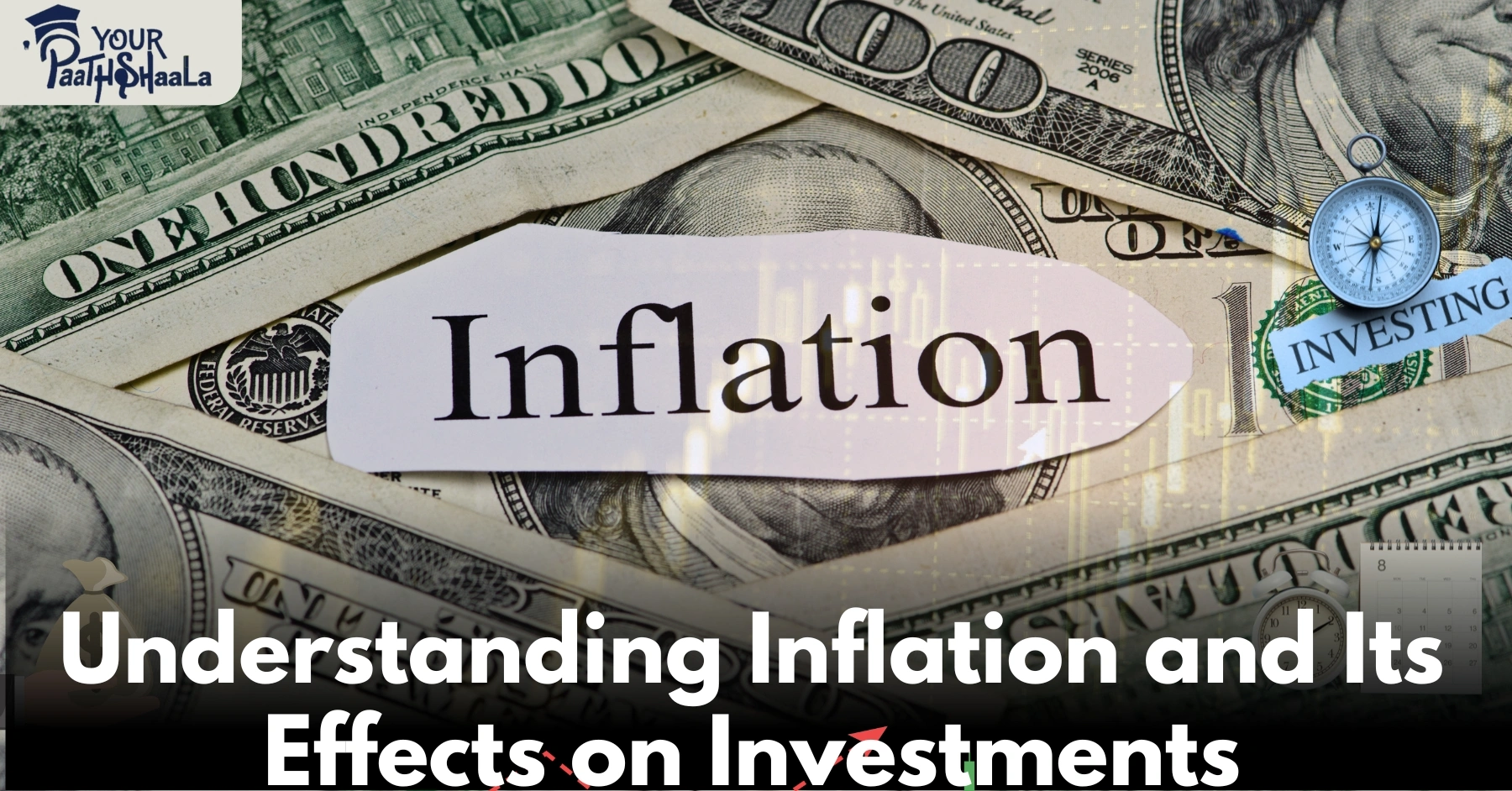







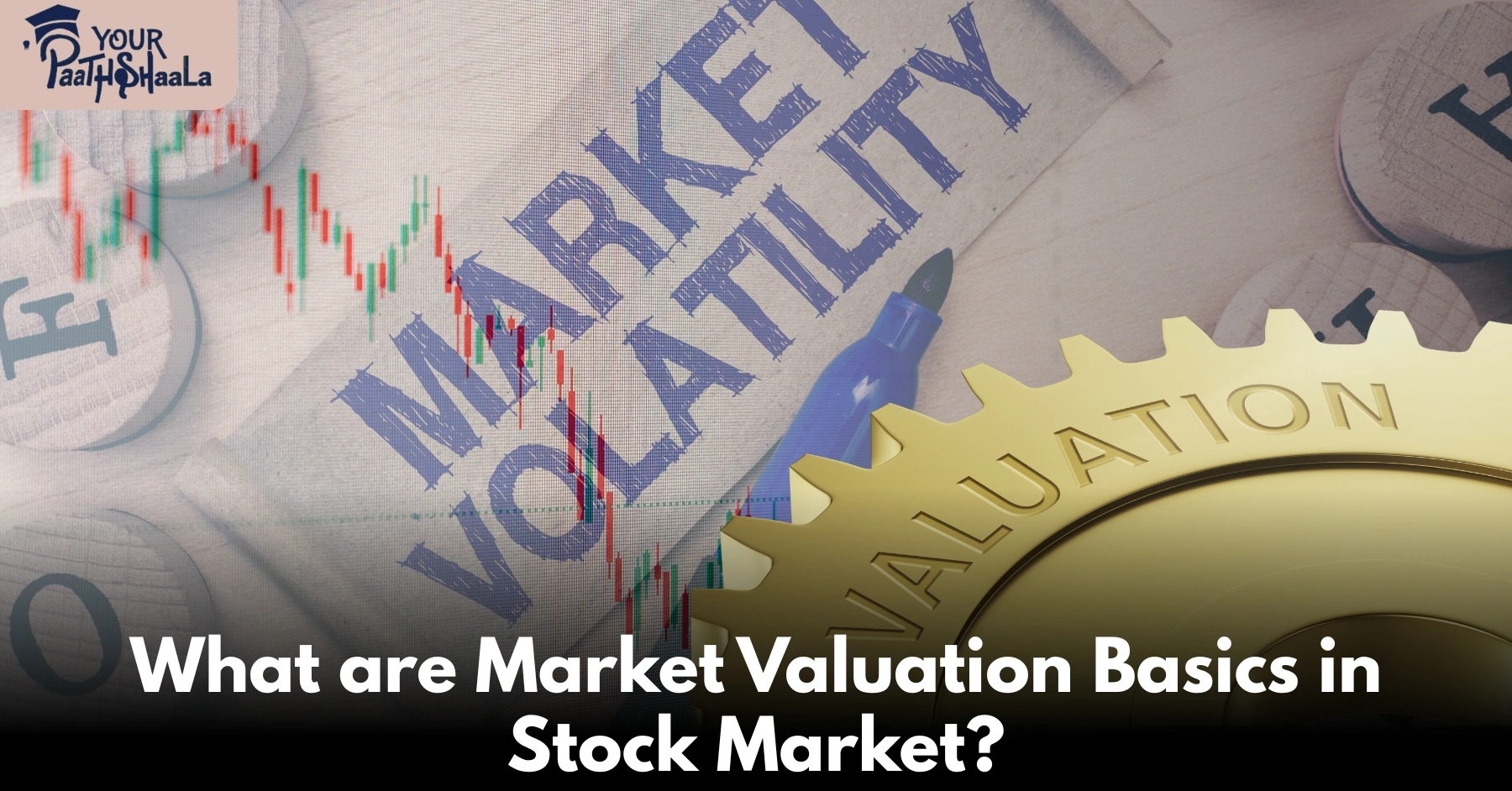
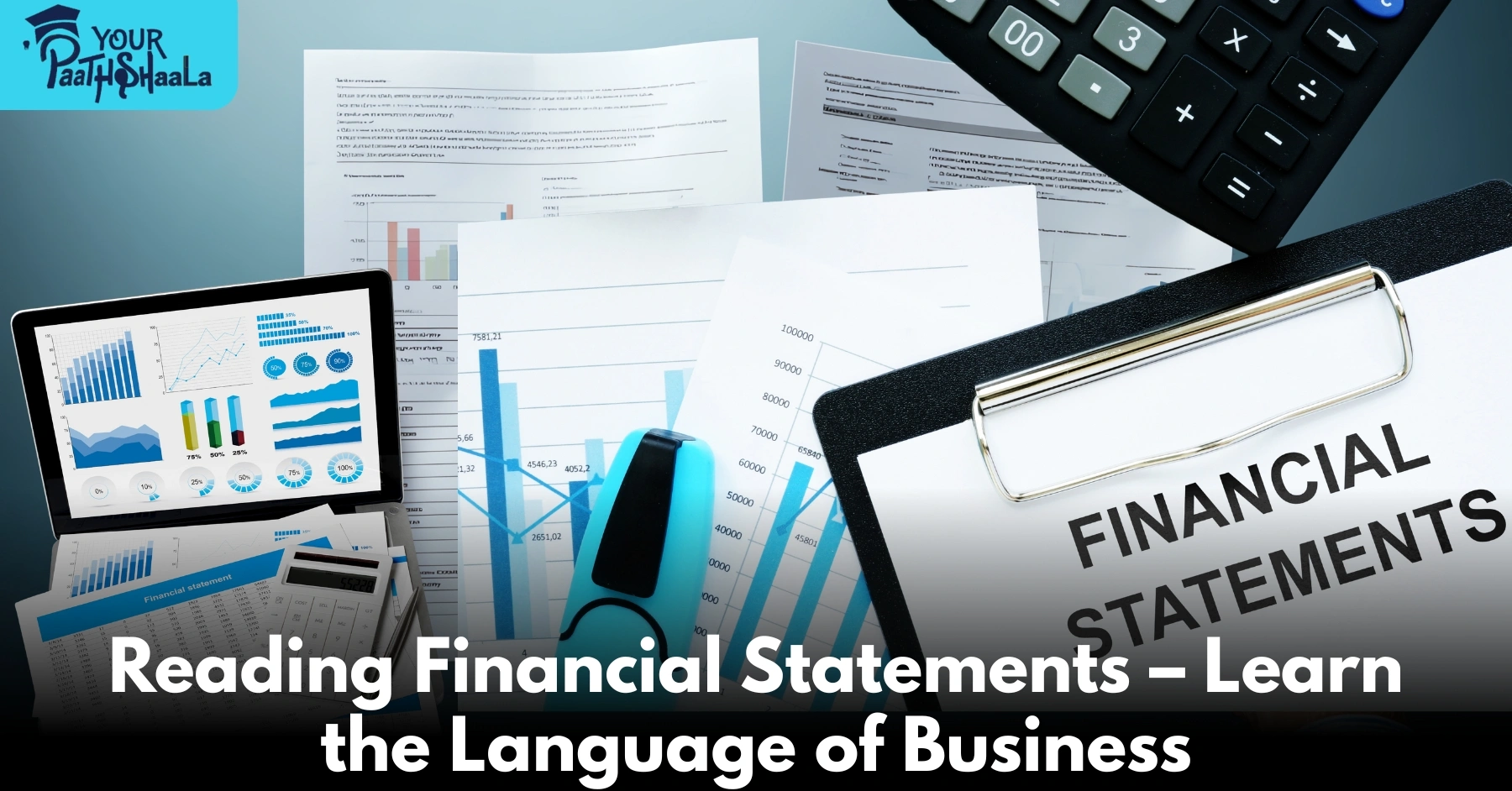
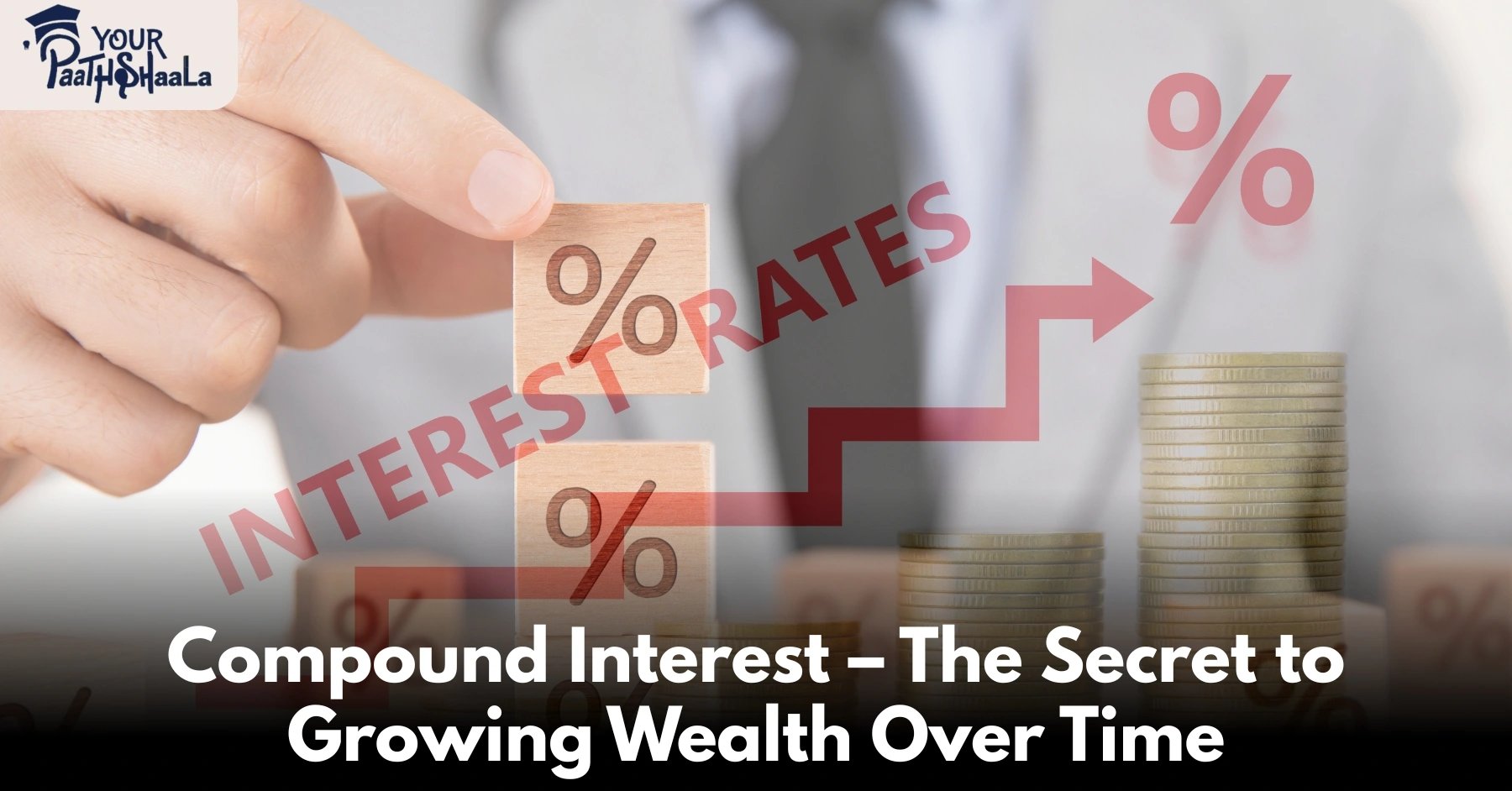
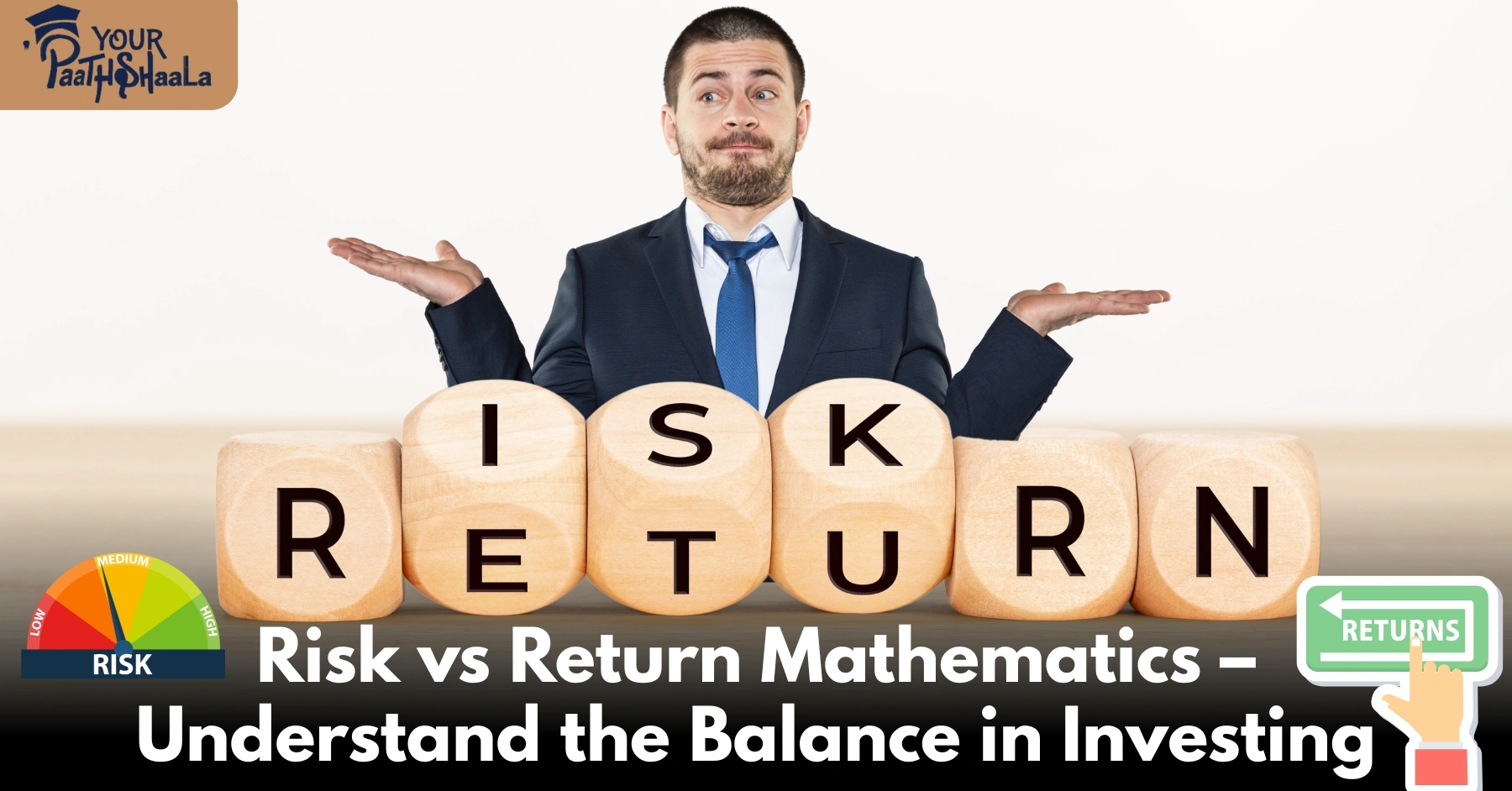

[…] Prev Next […]
[…] Inflation and Its Effects on Investment […]
[…] Prev Next […]
[…] Inflation and Its Effects on Investment […]
[…] Inflation and Its Effects on Investment […]
[…] Inflation and Its Effects on Investment […]
[…] Inflation and Its Effects on Investment […]
[…] Inflation and Its Effects on Investment […]
[…] Inflation and Its Effects on Investment […]